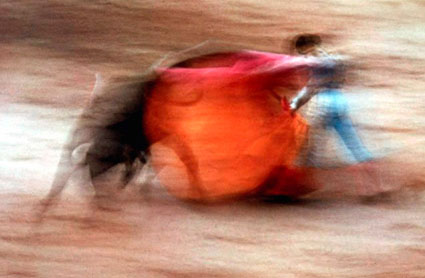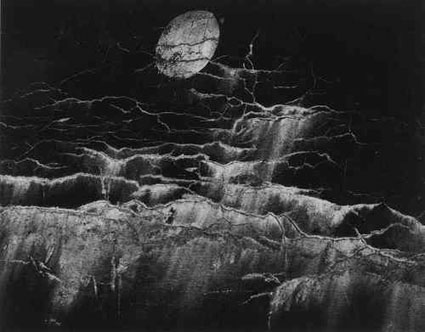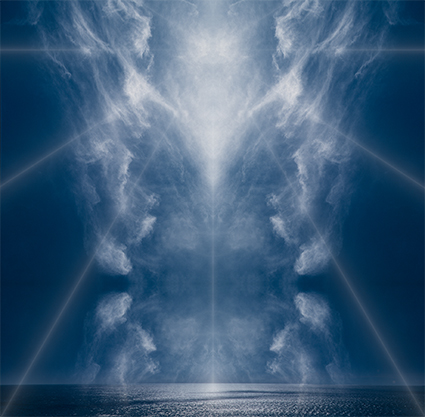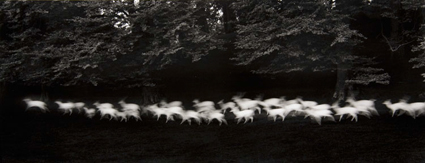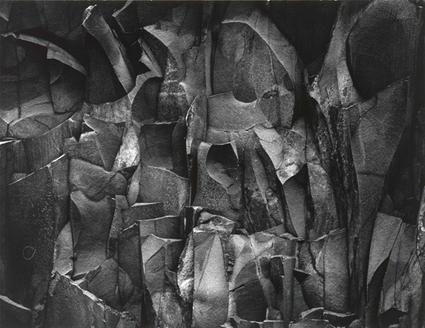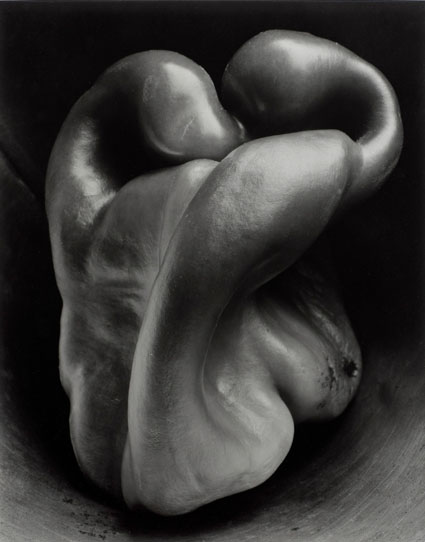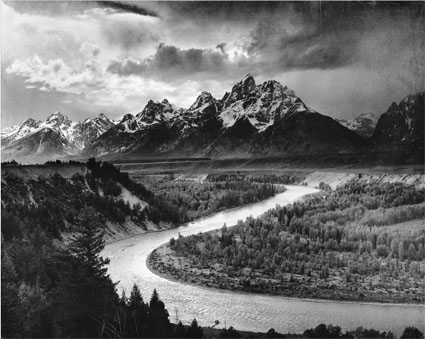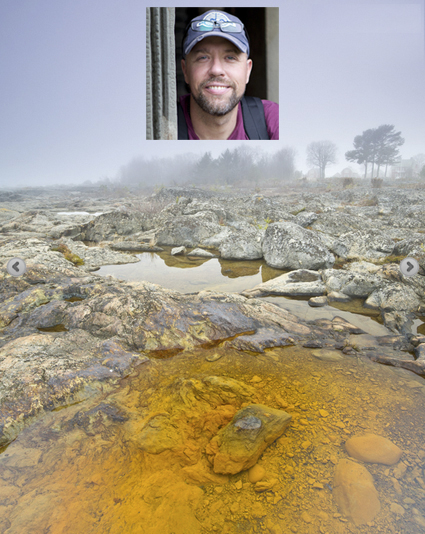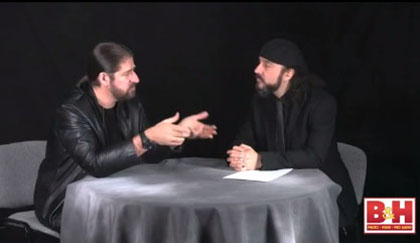19 Quotes By Photographer William Eggleston
Here’s a selection of quotes by phot0grapher William Eggleston.
“I am at war with the obvious.” – William Eggelston
“You can take a good picture of anything. A bad one, too.” – William Eggelston
“I had this notion of what I called a democratic way of looking around, that nothing was more or less important.” – William Eggelston
“It quickly came to be that I grew interested in photographing whatever was there wherever I happened to be. For any reason.” – William Eggelston
” Whatever it is about pictures, photographs, it’s just about impossible to follow up with words. They don’t have anything to do with each other.” – William Eggelston
“I want to make a picture that could stand on its own, regardless of what it was a picture of. I’ve never been a bit interested in the fact that this was a picture of a blues musician or a street corner or something. ” – William Eggelston
“I only ever take one picture of one thing. Literally. Never two. So then that picture is taken and then the next one is waiting somewhere else.” – William Eggelston
“I don’t have a burning desire to go out and document anything. It just happens when it happens. It’s not a conscious effort, nor is it a struggle. Wouldn’t do it if it was. The idea of the suffering artist has never appealed to me. Being here is suffering enough.” – William Eggelston
“There is no particular reason to search for meaning.” – William Eggelston
“A picture is what it is and I’ve never noticed that it helps to talk about them, or answer specific questions about them, much less volunteer information in words. It wouldn’t make any sense to explain them. Kind of diminishes them. People always want to know when something was taken, where it was taken, and, God knows, why it was taken. It gets really ridiculous. I mean, they’re right there, whatever they are.” – William Eggelston
“I never know beforehand. Until I see it. It just happens all at once. I take a picture very quickly and instantly forget about it.” – William Eggelston
” I don’t really look at other people’s photographs at all. It takes enough time to look at my own.” – William Eggelston
” I don’t have favorites. I look at pictures democratically. To me they are all equal. ” – William Eggelston
” I just wait until [my subject] appears, which is often where I happen to be. Might be something right across the street. Might be something on down the road. And I’m usually very pleased when I get the image back. It’s usually exactly what I saw. I don’t have any favorites. Every picture is equal but different.” – William Eggelston
“I am afraid that there are more people than I can imagine who can go no further than appreciating a picture that is a rectangle with an object in the middle of it, which they can identify. ” – William Eggelston
“I’ve always assumed that the abstract qualities of [my] photographs are obvious. For instance, I can turn them upside down and they’re still interesting to me as pictures. If you turn a picture that’s not well organized upside down, it won’t work.” – William Eggelston
“Whether a photo or music, or a drawing or anything else I might do—it’s ultimately all an abstraction of my peculiar experience.” – William Eggelston
“You become technically proficient whether you want to or not, the more you take pictures.” – William Eggelston
“Photography just gets us out of the house.” – William Eggelston
Read more Photographer’s Quotes here.


